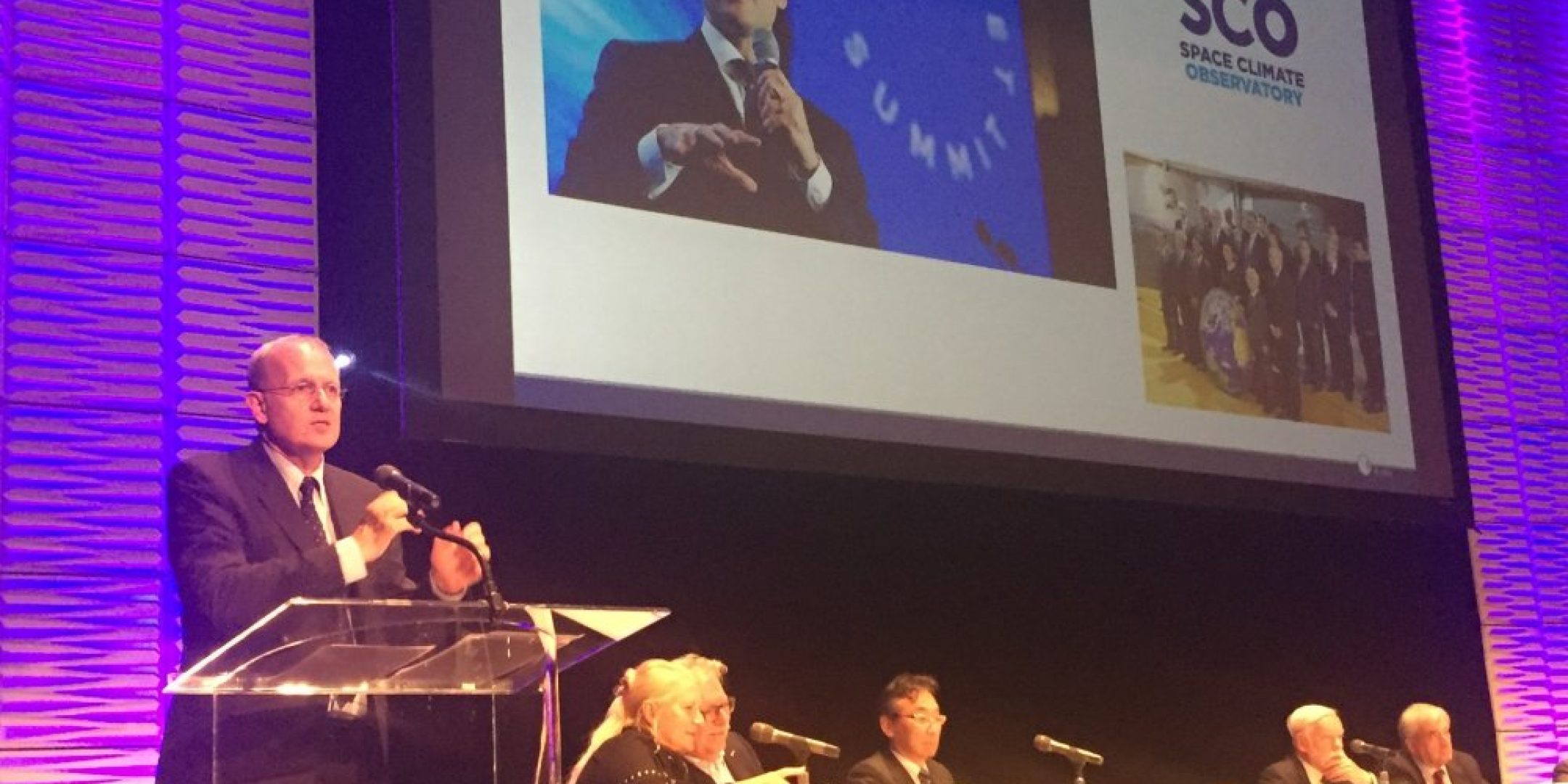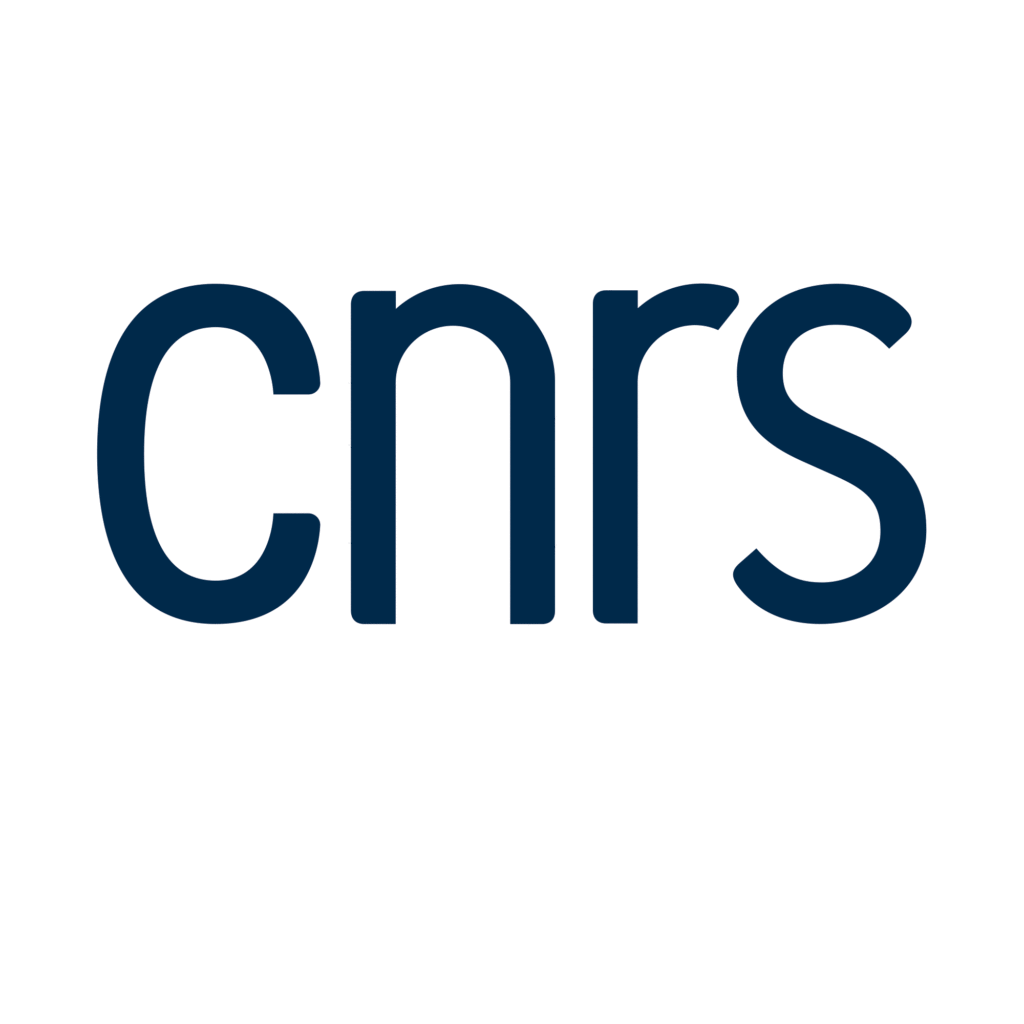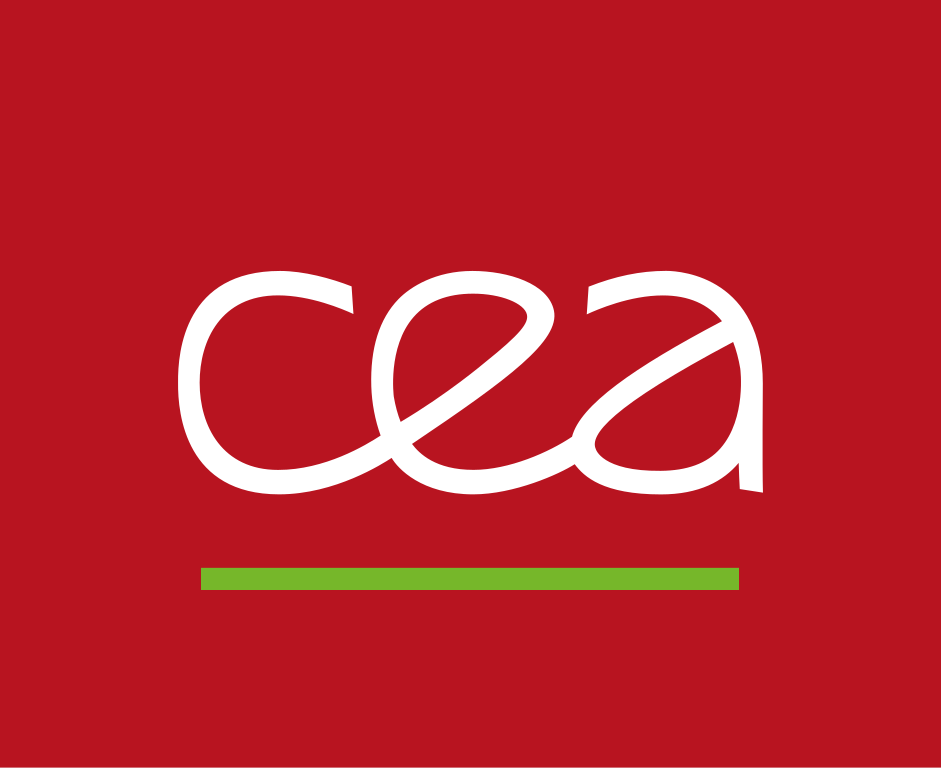Sunday 15 July in Pasadena, California, https://fscience-old.originis.fr/wp-content/uploads/2023/06/GLOC_Oslo_Norway_S2_27juillet2022_web-2-1.jpg President Jean-Yves Le Gall was at the opening of the 42nd Scientific Assembly of COSPAR (COmmittee on SPAce Research). Formed in 1958, COSPAR is an international organization charged with promoting space research. At yesterday’s opening, Jean-Yves Le Gall addressed the topics of nanosatellites and the Space Climate Observatory. He also met various partners of https://fscience-old.originis.fr/wp-content/uploads/2023/06/GLOC_Oslo_Norway_S2_27juillet2022_web-2-1.jpg to review progress on current missions.
With approximately 250 nanosatellites launched per year, the nanosatellite market is seeing tremendous growth and a wide range of players are now actively committed to developing this field, from universities and science laboratories to space agencies. https://fscience-old.originis.fr/wp-content/uploads/2023/06/GLOC_Oslo_Norway_S2_27juillet2022_web-2-1.jpg is playing an active part in the development of this technology aimed at making satellites smaller and cheaper. This is being achieved through university projects like EYESAT, a triple cubesat to be launched this year to study zodiacal light, projects in partnership with the private sector like ANGELS with French firm Nexeya to develop a new cubesat upgradable platform and a new miniaturized ARGOS instrument, and programmes being pursued with the world’s space agencies, particularly in the United Arab Emirates, Morocco and Israel. Nanosatellites undoubtedly offer opportunities to develop short- and medium-term space projects with top-level technological and scientific objectives around the world.
Satellites are also essential tools for studying and gaining new insights into climate change. https://fscience-old.originis.fr/wp-content/uploads/2023/06/GLOC_Oslo_Norway_S2_27juillet2022_web-2-1.jpg is playing a major role at international level in taking up this crucial challenge of the 21st century, and two years after the adoption of the Paris Agreement on climate is constantly seeking ways for space technologies to serve the planet. On the eve of the One Planet Summit organized in December 2017, the world’s space agencies endorsed the creation of the Space Climate Observatory (SCO), an initiative designed to pool and standardize climate data from space and make them easily accessible to the scientific community. The Toulouse Space Show in June highlighted the most recent progress in this initiative, with an increasing number of countries and international organizations coming on board.
On the sidelines of the COSPAR Scientific Assembly, Jean-Yves Le Gall also met Thomas Zurbuchen, NASA Associate Administrator for Science, and Michael Watkins, Director of the Jet Propulsion Laboratory (JPL), to discuss current joint French-U.S. missions.

